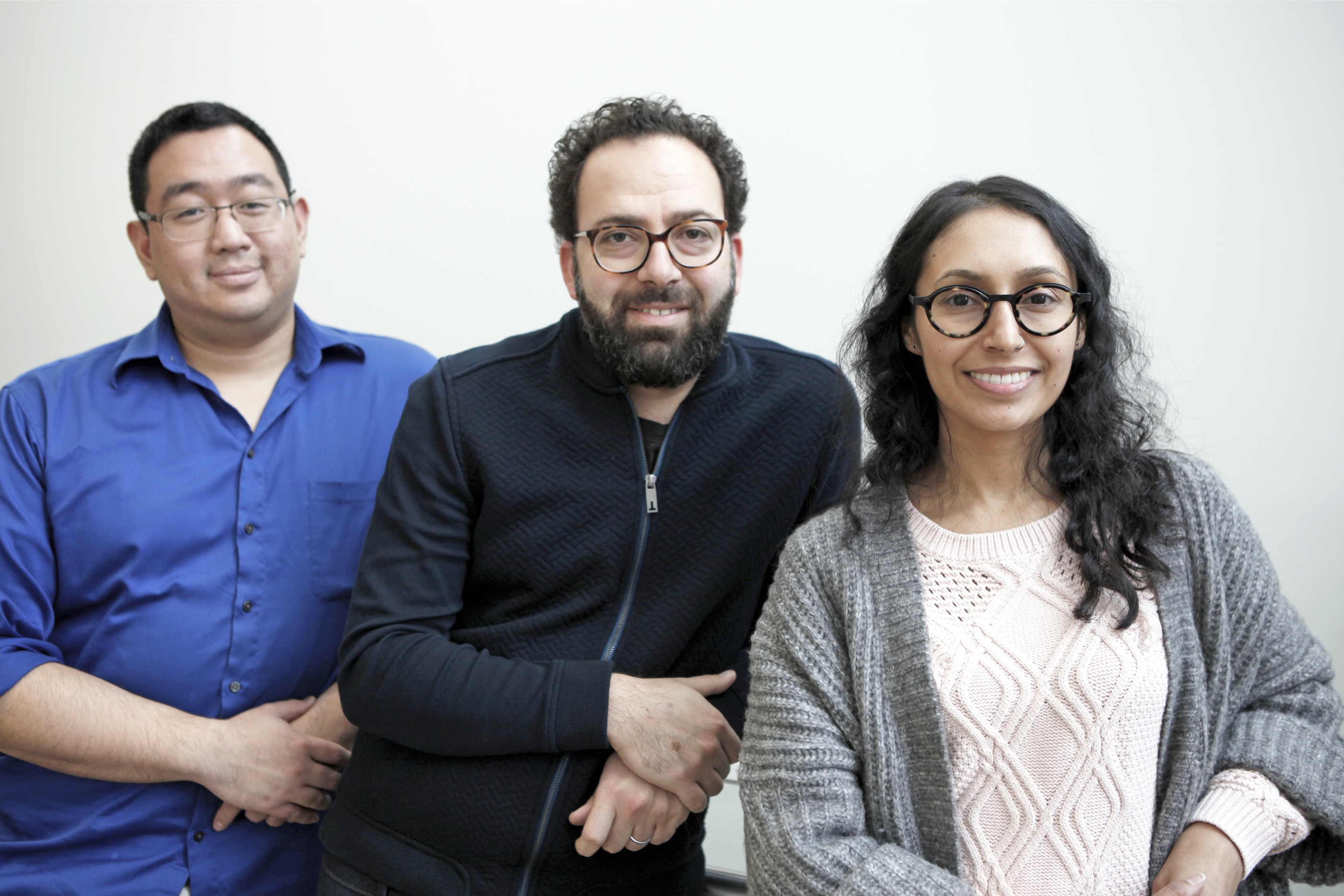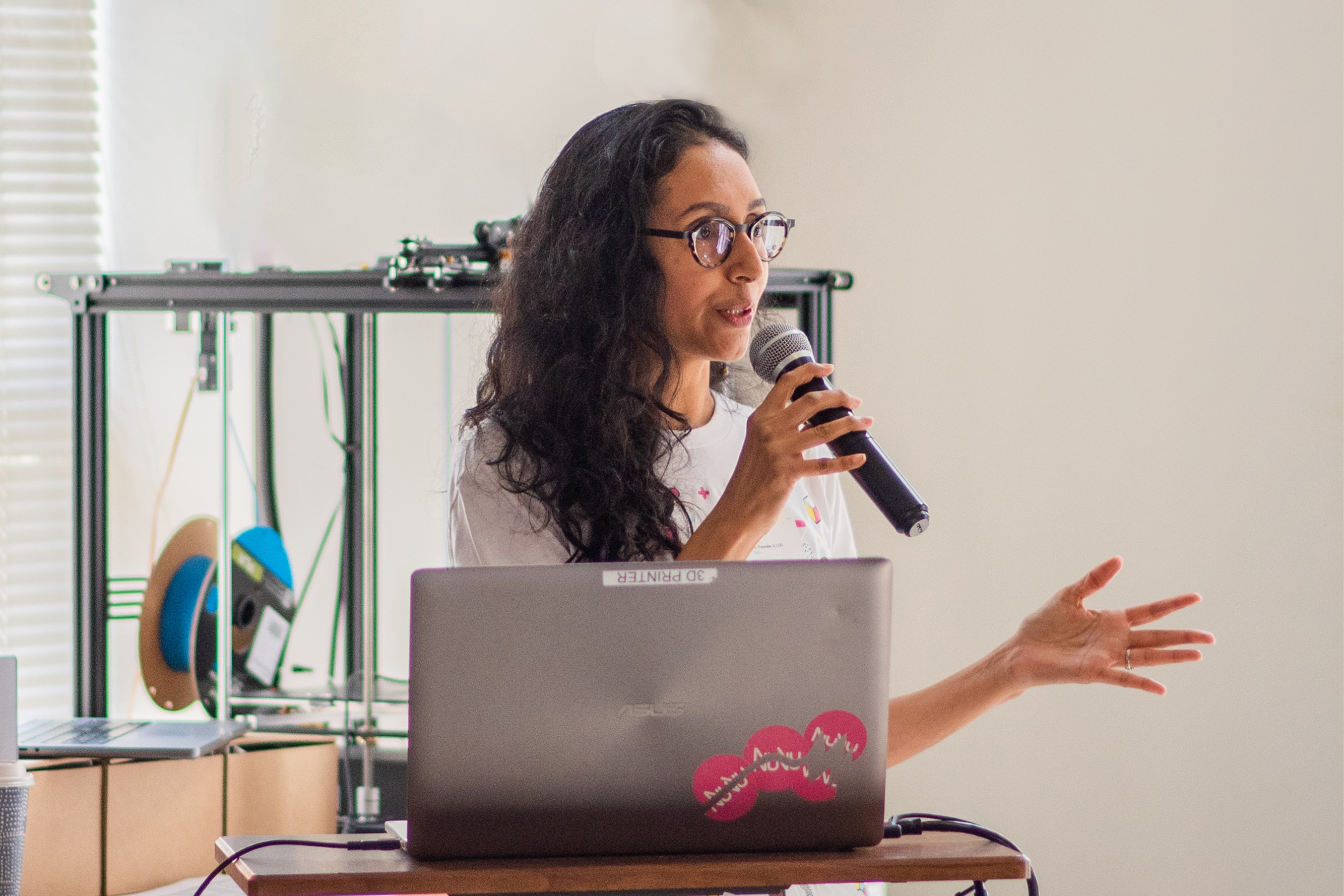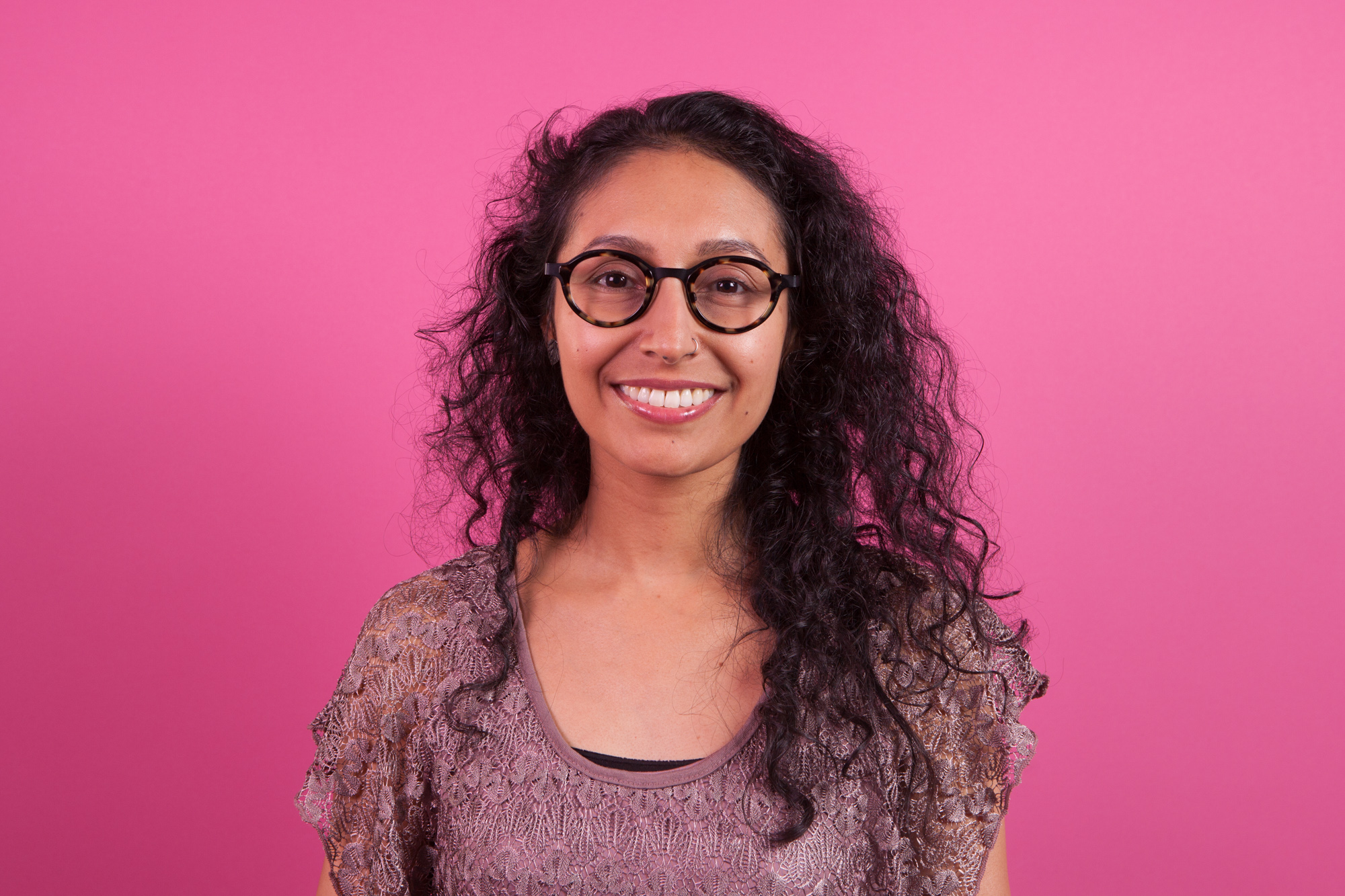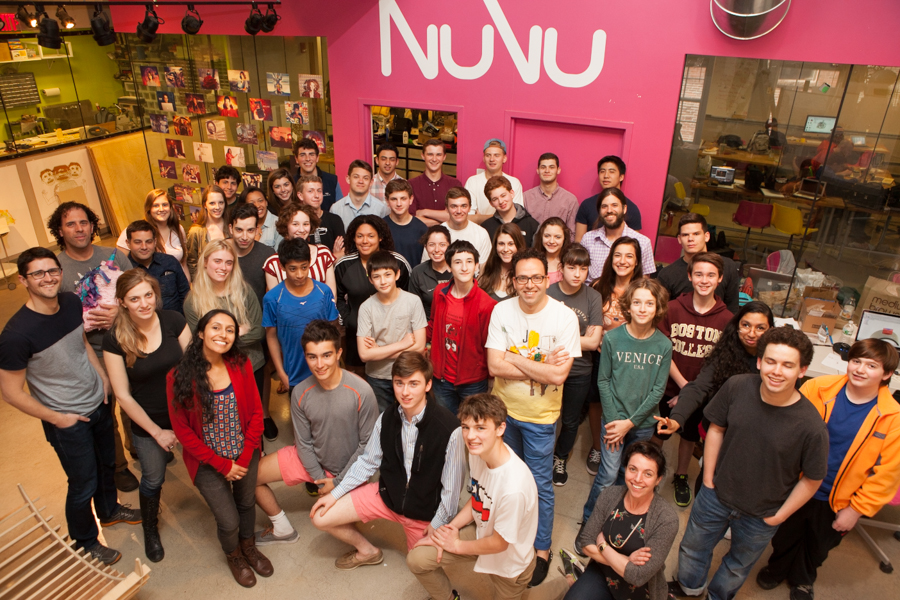July 18, 2025
A Blueprint for Transformation: Saba Ghole Helps Reimagine Education
“I want to raise a child in a world where school is a place of possibility and purpose, not pressure. That’s what NuVu is trying to build.”

When Saba Ghole dreamed of becoming an architect at the age of six, she couldn’t have imagined the path that would unfold: from the design studio to the front lines of an educational revolution. Today, Saba is the co-founder of NuVu High School and the creative force behind NuVuX, the organization’s global initiative to transform learning in K-12 schools through a project-based approach. Her story is as bold as the work she’s doing—and it all began with a studio.
Saba studied architecture at Cal Poly San Luis Obispo, where for the first time, learning felt real. “It was really pushing the way I think about the world,” she recalls. That intensity and excitement would become the core of what she would later try to build upon.

She went on to pursue a Master’s in Urban Design at MIT, where she met Saeed Arida and David Wang—future co-founders of NuVu. What started as a chance meeting in an elevator turned into a creative partnership that would span startups, installations, and ultimately, a new kind of school. “At MIT, there were no boundaries. You could do just about anything,” she says. “That interdisciplinary culture inspired me to think: what if learning felt like this?”
After MIT, Saba returned to California and worked on large-scale educational projects as an architect. But even as she was designing future schools, her conversations with Saeed continued—what would it mean to build an innovation school, one grounded in studio culture and creative exploration?

In a twist of timing and opportunity, the team connected with Beaver Country Day School in Boston, whose visionary head of school, Peter Hutton, invited them to pilot their idea. That 2010 spring pilot—with a group of skeptical high school seniors—became the foundation for what would grow into NuVu.
Saba left her architecture job, packed up her life, and moved to Cambridge to co-found the school. “It was a huge pivot,” she admits. “But it didn’t feel scary. It felt right.” The early days were a whirlwind—just her, David and Saeed full-time, a rotating cast of coaches every two weeks, and a scrappy MIT office sublet turned school. But something magical was happening. “It felt like we were running a mini innovation lab every two weeks,” she says. “And the kids were thriving.”
By the end of the first trimester, Saba knew they were onto something. Parents came to see the final student showcase at the MIT Museum, and the transformation was undeniable. “When families saw their kids talk about their learning process, they were in awe,” she recalls. “That was the moment I knew—this is how education should be.”

What followed was the expansion of NuVu's mission through NuVuX. As educators from around the world visited the Cambridge studio, one question kept coming up: How can we bring this to our school?
In 2016, NuVuX officially launched, partnering with schools to integrate the studio model into their curriculum. The first full partner was a private school in Florida that tried to run its own innovation program—but quickly realized they needed support. NuVu stepped in to train teachers, eventually developing a fellowship model that placed trained NuVuX coaches on-site.
But Saba noticed something powerful happening: when teachers were supported, the whole school began to shift. “I realized we could create real systemic change by working with educators,” she says. Over time, NuVuX evolved into a model that now prioritizes coaching and co-designing with teachers—equipping them with the mindset, skills, and support to lead innovation from within.

Today, NuVuX has partnered with nearly 70 schools worldwide. Public and private. Urban and rural. U.S.-based and international. From Colombia to Scotland, Minnesota to Hawaii, the network keeps growing. And more importantly, so does the appetite for change.
“Even five years ago, we had to explain what we were doing and why it mattered,” Saba says. “Now, educators get it. The mindset has shifted. There’s more willingness to try new approaches—more energy around designing education that actually works for students.”
She credits that momentum, in part, to the pandemic—a moment when traditional systems faltered, and project-based models like NuVu’s stood out as bright spots. In that chaotic time, NuVuX proved to be a lifeline for schools looking to engage students in meaningful, purpose-driven work.
Saba now leads NuVuX from Chicago, where she lives with her husband and young sons. Becoming a mother has added new depth to her work. “It’s made the mission even more personal,” she says. “I want to raise a child in a world where school is a place of possibility and purpose, not pressure. That’s what NuVu is trying to build.”
And the vision isn’t just for one school. Saba sees the future of education in networks, communities of creative educators supporting each other to reimagine what’s possible. “We’re not outsiders anymore,” she says. “The movement is growing. And the more we connect, the more we can collectively shift what education looks like.”
What started as a dream of architecture has become a blueprint for transformation. Saba Ghole didn’t just help found a school—she helped spark a movement.






